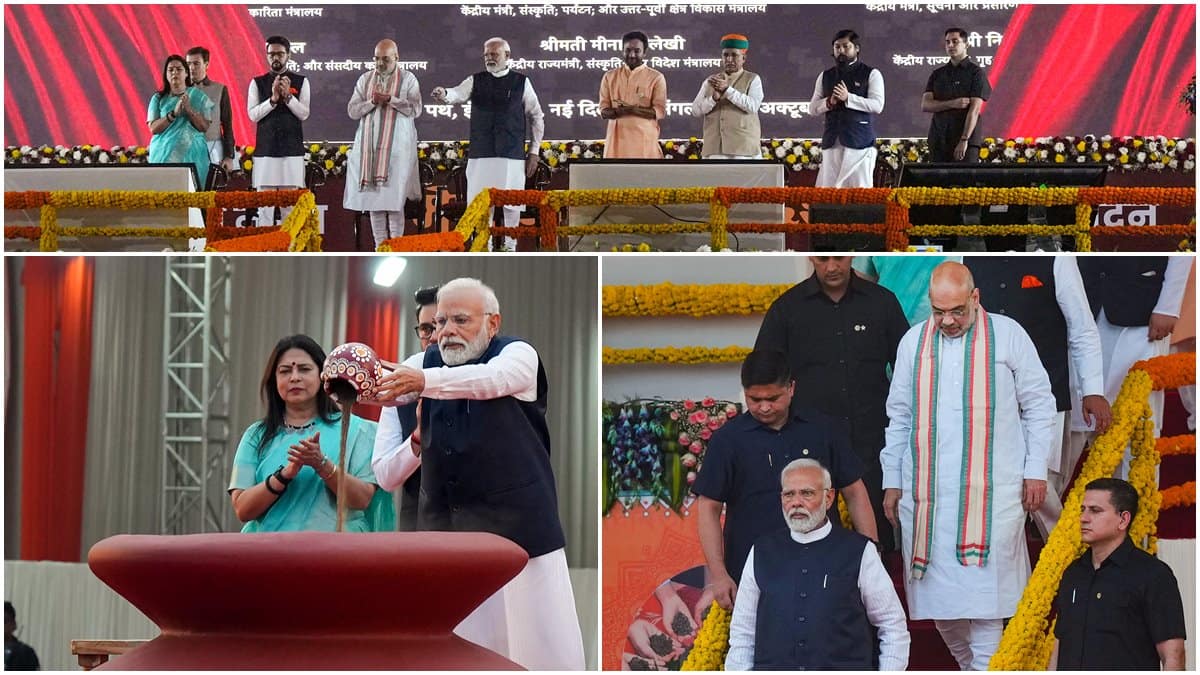The Year Ahead 2024: Bugs on digital highway

India’s rapid transformation to a digital economy gathered pace in 2023 with lots more innovation and some fresh legislation. Digital lending became widespread as the National Payments Corporation rolled out new products and Big Tech firms launched their offerings. Two defining pieces of legislation came into being, the Digital Personal Data Protection (DPDP) Bill and the Telecom Bill. On the dark side, the emergence of deepfakes was worrying.
The DPDP Act, while empowering individuals to withdraw consent given to companies to use data and to have data erased, ensures firms can no longer monetise consumer data by using it for purposes other than for which it was collected. While the simplicity of the law was appreciated, there were misgivings on the exemption allowing the State to process data on various grounds, including national security. Many felt it could at times violate a citizen’s right to privacy. Rules necessitating data fiduciaries to obtain verifiable parental consent to use data of children below the age of 18 were brought in. How effective the law is, will of course, be known only when it is implemented; there are those who believe it could be a challenge.
The proposed Digital India Act, 2023, will bring in cyber-laws to curb misinformation on social media and any other digital crimes and enhance cyber-security. However, there is much apprehension that specific regulations for various categories of players — social media apps, e-retailers, fact-checking portals and news intermediaries — could be restrictive. As experts have pointed out, the guidelines on the use of AI should not hamper innovation.
Meanwhile, the digital lending arena saw the arrival of Jio Financial Services. Although it is early days, the shadow lender, which has access to the large consumer base of Reliance Group, is expected to become a significant player in spaces like life insurance and MSME and merchant financing.
It was a bit of a rough year for fintechs already hurt by curbs placed on them for BNPL products. With the regulator clamping down on the unbridled growth of unsecured credit, the growth of fintechs will be further stymied. The good news is that co-lending continues to pick up pace; since 2020, more than 50 co-lending partnerships have been announced between banks and NBFCs.
Even otherwise, incremental business at banks is now largely digital. The democratisation of credit via the account aggregator mechanism, however, is taking its time, with banks reluctant to share complete data sets leaving the users of the information handicapped. The Central Bank Digital Currency (CBDC) hasn’t covered much ground, although more than a dozen banks are offering the product. The targeted one million daily transaction milestone is some time away, with the current volumes at around 15,000 a day.
The Unified Payments Interface (UPI), however, found itself even more ubiquitous in 2023, with the volume of transactions on the interface crossing 11 billion for two successive months in October and November; the value in November was an impressive Rupees 17.4 trillion. The big move to digitise RuPay cards is going well; by one estimate, credit card players could see around 35 million new RuPay cards added on the UPI payment platform in 12-18 months. Playing catch up with Paytm and PhonePe, Google announced sachet loans as it teamed up with a couple of private sector lenders for the initiative. The loans, starting at Rupees 15,000, are being given to both SMEs and individuals on Google Pay.
Online shopping became more popular, but life wasn’t easy for most of India’s startups as the funding winter persisted. Just $7 billion worth of investments were made in 2023, the lowest in five years. Layoffs crossed 16,000 on the back of 18,000 in 2022. Promoters rushed to source private credit even as cautious investors downgraded valuations; just two unicorns were born during the year — Zepto and Incred — compared with 23 in the previous year. Byju’s problems worsened with the edtech major unable to declare FY23 results. On the bright side, Mamaearth’s listing on the bourses was a success. Momentum picked up on the state-promoted ONDC, though the bulk of the action was in mobility. Online gaming suffered a big blow as higher taxes were imposed. Little was heard about the Tata superapp.



Leave a Comment